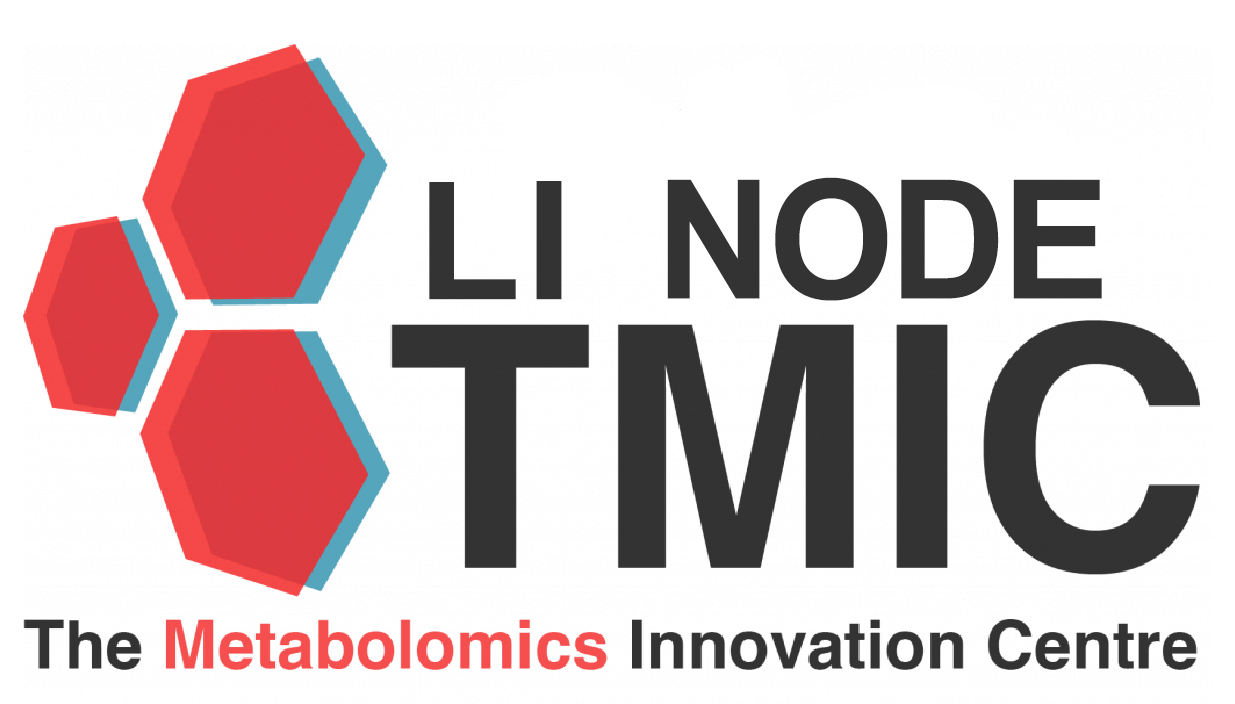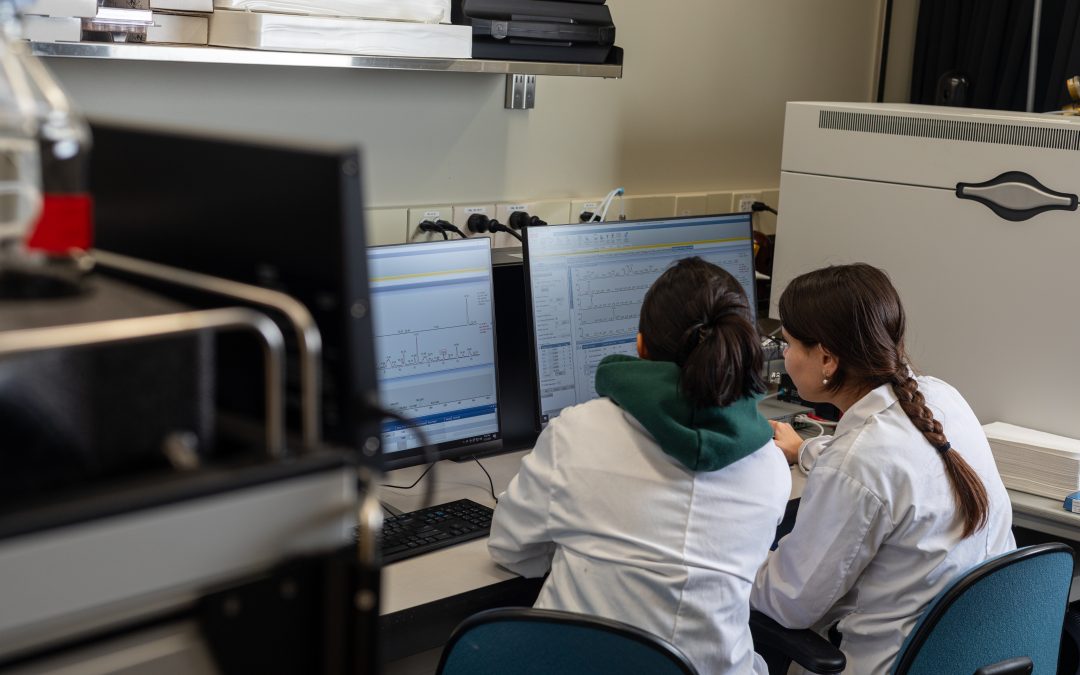What is a Quality Management System (QMS)?
A Quality Management System (QMS) is a structured framework of policies, procedures, and processes that is utilized to guarantee that a laboratory’s operations consistently meet or surpass customer expectations while adhering to regulatory standards.
Why is it important?
A Quality Management System (QMS) is crucial for laboratories for several reasons:
- Ensuring Accuracy and Reliability: QMS helps in establishing standardized processes and procedures for all laboratory activities, from sample handling to analysis and reporting. By adhering to these standardized protocols, laboratories can minimize errors and ensure the accuracy and reliability of their results.
- Compliance with Regulations: Laboratories are often subject to various regulatory requirements and standards, such as ISO 17025 for testing and calibration laboratories or Good Laboratory Practice (GLP) regulations. Implementing a QMS ensures that the laboratory operations comply with these regulations, reducing the risk of non-compliance issues and potential legal consequences.
- Enhancing Customer Confidence: With a robust QMS in place, laboratories can demonstrate their commitment to quality and reliability. This instills confidence in customers and stakeholders regarding the accuracy and credibility of the laboratory’s results, leading to increased trust and satisfaction.
- Continuous Improvement: QMS encourages a culture of continuous improvement within the laboratory. Through regular, training, monitoring, evaluation, and feedback mechanisms, laboratories can identify areas for improvement and implement corrective actions to enhance efficiency, effectiveness, and quality.
- Risk Management: QMS helps laboratories identify and mitigate risks associated with their operations. By systematically assessing potential risks and implementing appropriate controls, laboratories can minimize the likelihood of service quality, safety, and regulatory compliance.
- Facilitating Accreditation and Certification: Many laboratories seek accreditation or certification from recognized bodies to demonstrate their competence and adherence to international standards. A well-implemented QMS provides the necessary framework and documentation to support accreditation efforts, streamlining the process and increasing the likelihood of successful certification.
Overall, a Quality Management System is essential for laboratories to maintain high standards of quality, accuracy, and reliability in their operations, thereby ensuring customer satisfaction, regulatory compliance, and continuous improvement.
TMIC is an academic Lab with ISO Certifications
TMIC is operated as an academic lab at a competitive price. Yet, we also have secured certifications and remain committed to pursuing additional certifications to provide assurance to clients regarding the quality of projects entrusted to us. We aim to be the one-stop provider for metabolomics projects, offering a guarantee of quality and instilling confidence in the outcomes delivered.
TMIC proudly provides an extensive array of over 70 assays, distributed across nine nodes spanning six prominent universities. Each node is equipped with cutting-edge technology and staffed by skilled professionals dedicated to advancing metabolomics research. These assays cover a wide range of metabolites and analytical techniques, including targeted and untargeted approaches by using the most comprehensive set of technologies: NMR, CE-MS, GCxGC MS, GC-MS, LC-MS, UPLC, HPLC, and mass spectrometry imaging. List of our equipments is available.
TMIC node located at the University of Alberta provides selected metabolomics services through its ISO 17025 and ISO 15189 accreditations, ensuring the highest standards of quality and precision in our analyses. ISO/IEC 17025:2017 accreditation affirms our capability and expertise in delivering accurate, reliable, and consistent testing services. ISO 15189: 2022 accreditation confirms that in addition to quality and competence, our lab also meets internationally recognized standards for clinical testing ensuring the accuracy and reliability of patient samples.
We are dedicated to continuous improvement and expansion, which is why we are currently in the process of acquiring CLIA (Clinical Laboratory Improvement Amendments) and CPSA (College of Physicians and Surgeons of Alberta) certifications. These certifications will enable us to extend our services for diagnostic testing, further broadening our capabilities and enhancing our ability to contribute to medical research and healthcare
As part of our commitment to quality and excellence, we are currently undergoing the process of acquiring ISO 17025:2017 accreditation for selected assays at the TMIC node located at Lady Davis Institute-Jewish General Hospital, McGill University. In addition, McGill node is also working towards CLIA certification to offer a broader range of services, including clinical testing on patient samples.
ISO/IEC 17025
The ISO/IEC 17025 accreditation confirms the presence of a stringent, high-caliber, globally-acknowledged management system within a laboratory. In this regard, TMIC has obtained ISO/IEC 17025:2017 certification for specific in-house assays, affirming our capability and expertise in delivering accurate and consistent testing services.
ISO/IEC 15189
This certification signifies that we will adhere to international standards for medical testing laboratories. By obtaining ISO 15189 certification, TMIC will demonstrate our adherence to proper quality management practices, encompassing all facets such as sample processing and metabolite reporting, as per the stringent requirements of medical testing standards.
CLIA
The Clinical Laboratory Improvement Amendments (CLIA) enacted in 1988 in the USA, along with its corresponding regulations, outline the quality criteria for laboratory testing conducted on human samples, encompassing blood, bodily fluids, and tissues. These tests are aimed at diagnosing, preventing, or treating diseases, as well as evaluating overall health. CLIA certification indicates that a test adhered to stringent standards and may be required in certain instances, such as for reimbursement by a patient’s insurer in the USA.
CPSA
The College of Physicians and Surgeons of Alberta (CPSA) is the regulatory body responsible for licensing and regulating physicians and surgeons in the province of Alberta, Canada. CPSA regulates medical laboratories and diagnostic facilities in Alberta through its Standards of Practice and other regulatory requirements. Medical laboratories and diagnostic facilities in Alberta must comply with CPSA standards to ensure the quality and safety of diagnostic testing services provided to patients.
Summarized by TMIC Core and Wishart Node

